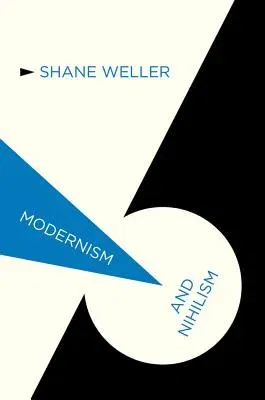S Weller
(Author)Modernism and Nihilism (2011)Hardcover - 2011, 8 December 2010

Qty
1
Turbo
Ships in 2 - 3 days
In Stock
Free Delivery
Cash on Delivery
15 Days
Free Returns
Secure Checkout

Part of Series
Modernism And...
Print Length
182 pages
Language
English
Publisher
Palgrave MacMillan
Date Published
8 Dec 2010
ISBN-10
0230231039
ISBN-13
9780230231030
Description
Product Details
Author:
Book Edition:
2011
Book Format:
Hardcover
Country of Origin:
GB
Date Published:
8 December 2010
Dimensions:
19.81 x
13.46 x
1.52 cm
ISBN-10:
0230231039
ISBN-13:
9780230231030
Language:
English
Location:
London
Pages:
182
Publisher:
Series:
Weight:
276.69 gm